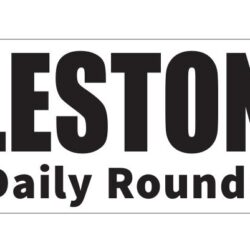
Bill would give women early warning of breast cancer
By Mary Esch
Associated Press
ALBANY — A bill approved by the state legislature in hopes of increasing the early detection of breast cancer would require that women be given notice in mammography reports if they have dense breast tissue, a condition that makes it harder to detect the life-threatening disease.
The bill, which passed in the Senate and Assembly after a Brooklyn woman joined others in presenting tales of misdiagnoses, would require that mammography reports advise women with dense breast tissue to discuss additional screening, such as ultrasound, with their doctors. Failure to provide notice would carry a fine of up to $2,000.
Leave a Comment
Leave a Comment


